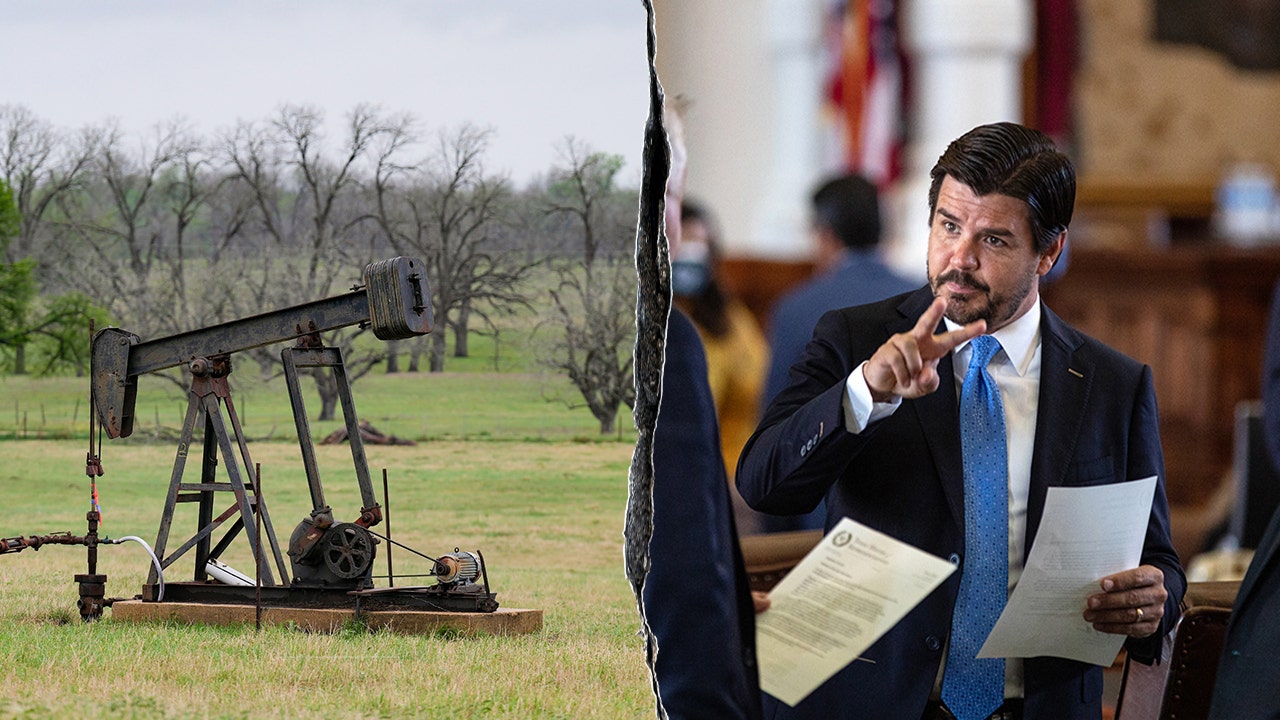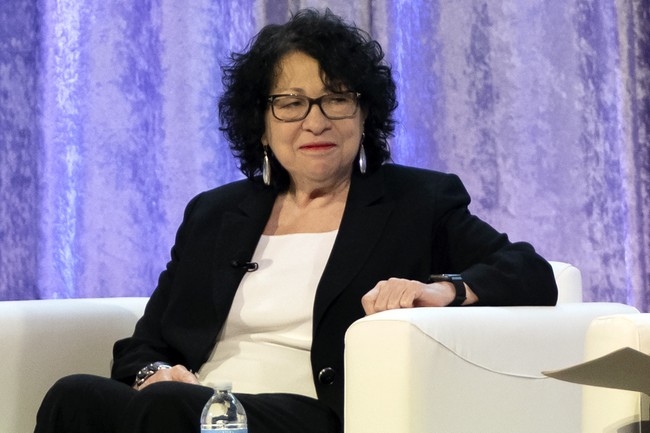Meet America’s newest radioactive waste dump — your local highway.
At least, that seems to be the thinking behind the Environmental Protection Agency’s recent decision to approve a “pilot” program using phosphogypsum to build a Florida road.
Phosphogypsum contains radium, which decays to form radon gas — which is also radioactive and cancer-causing. It’s odorless, tasteless, and deadly. Homebuyers typically ask for radon testing before purchase.
Now, this particular test road happens to be on private property — property owned by the company Mosaic Fertilizer LLC. As it happens, phosphogypsum is a radioactive waste product you get from making fertilizer. Naturally, a company like Mosaic has a lot of it. Hey — it’s got to go somewhere!
What better place than just under the highways and byways crisscrossing through our communities?
Something stinks
Mosaic Fertilizer asked the EPA to allow it to build three 200-foot sections of road with phosphogypsum mixtures to “demonstrate the range of … road construction designs.”
Normally, phosphogypsum is stored in hardened “stacks” on remote sites. But the EPA says using it in road construction is just as safe.
Once upon a time, everybody thought radium was safe. It’s what was used to make watch hands glow in the dark. But it turns out that radium attacks the bones and teeth, causing gruesome injuries and deadly cancers. It’s been banned since 1968.
Phosphogypsum contains radium, which decays to form radon gas — which is also radioactive and cancer-causing. It’s odorless, tasteless, and deadly. Homebuyers typically ask for radon testing before purchase.
The EPA said in its preliminary approval that the potential radiological risks to public health of building the small-scale pilot project are no higher than those of keeping phosphogypsum in a stack.
U-turn
But in 1992, the EPA declared that phosphogypsum in road construction was always considered unsafe, posing risks to both construction workers and anyone who later builds a home where the road had once been.
Radium from this proposed road can leak into the local water supply. Exposure to it causes harmful health effects, including radiation sickness, anemia, and cancer. Safety protocols are critical when handling radium or radium-containing materials.
So what’s changed?
The EPA is very careful in how it speaks about this new method of toxic waste disposal, stressing that the approval of the Mosaic roadways “does not imply approval of any other or future request.” The agency adds that its “full review process, including risk assessment, must take place for each request for other use of phosphogypsum, and approvals are granted on a case-by-case basis.”
‘Unacceptable risks’
Somehow, the idea that a government agency’s red tape is what stands between us and potential radiation poisoning isn’t very reassuring.
Ragan Whitlock, a Florida-based attorney at the Center for Biological Diversity, had this to say: “Shame on the EPA for disregarding its own science showing the unacceptable risks to people’s health and the environment from using phosphogypsum in road construction.”
If this proposal isn’t stopped here, it could be your city next. It’s time to speak up and stop this insanity!
Read the full article here










